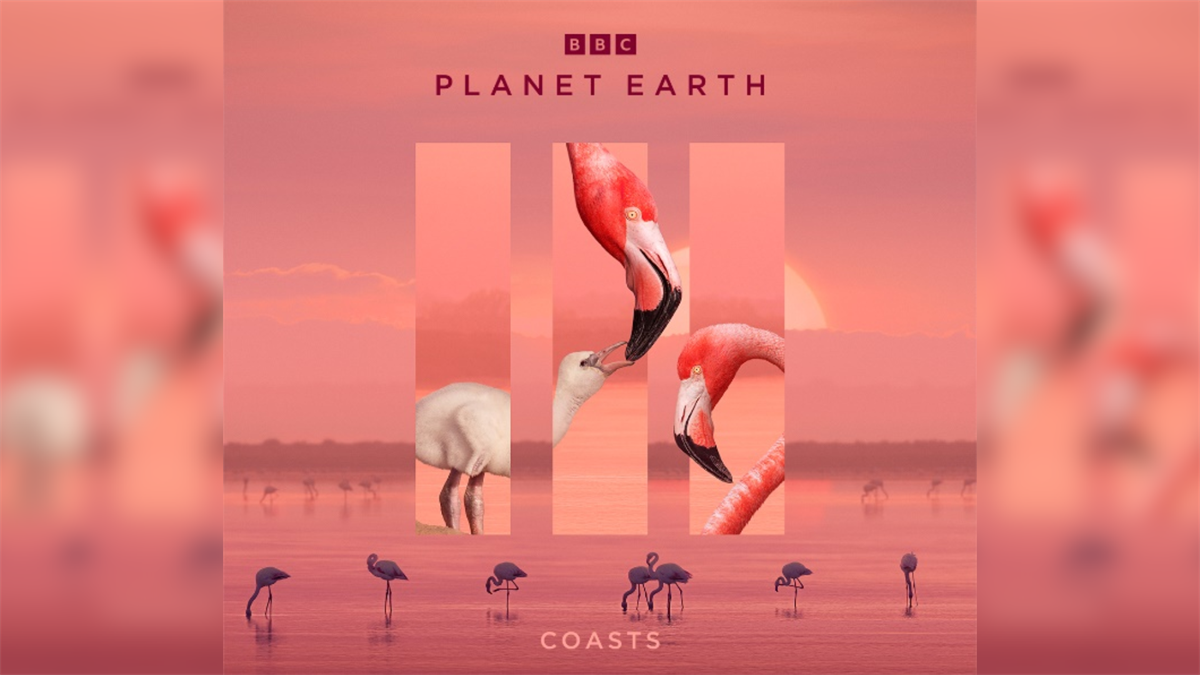Journeying to the most remote corners of the planet, Planet Earth III showcases the world’s most extraordinary species through never-before-seen, captivating footage—sometimes humorous or dramatic, but always filled with hope. Filmed over five years, the series utilizes cutting-edge cinematic technology to reveal the greatest wonders of life on Earth. Ultra-light drones, high-speed cameras, and remotely operated submersibles transport viewers to otherwise invisible landscapes—from the deepest jungles to the farthest oceans, and from the darkest caves to the most barren deserts.
Compared to the first series, which aired twenty years ago, Planet Earth III offers viewers a chance to see not only how much science and technology have advanced but also how profoundly our planet has changed. Earth has reached a critical juncture and has transformed more in the past few decades than ever before—changes felt in every ecosystem and by every creature. These are circumstances we all share on our one and only Planet Earth.
Episodes: 1. Coasts; 2. Ocean (Aug 20); 3. Deserts and Grasslands; 4. Freshwater; 5. Forests; 6. Extremes; 7. Humans; 8. Heroes
Facts & Figures: Total filming days: 1,904; Total shoots: 134; Remote shoots: 50; Countries filmed in: 43 across; 6 continents; Crew involved: Teams from 27 countries; Rarest animal filmed: The Harlequin Frog, with fewer than 49 individuals remaining.
Fun Fact: During the filming of the first Planet Earth series, the crew mounted a camera on a hot air balloon to film trees from above—it didn’t end well. Since then, drones have completely revolutionized aerial filming; now, most aerial shots use small, lightweight drones.
Planet Earth III is produced by the BBC Studios Natural History Unit in partnership with BBC America, ZDF, and France Télévisions, in collaboration with The Open University, for BBC. Executive Producer for BBC Studios: Mike Gunton; Series Producer: Matt Brandon. Coordination by Jack Bootle, Head of Specialist Factual Commissioning, BBC.
In Italy, the shooting took place to capture the migration of the Sacred Ibis. Originally native to sub-Saharan Africa, Iraq, and ancient Egypt (where it is now nearly extinct), the ibis was revered as a symbol of the god Thoth. Today, the species has naturalized in several European countries, including Italy, where it is found near lakes and rivers, particularly along the Mincio, in the Polesine area, the Po Delta, the Bassa Bresciana, and the countryside between Novara and Vercelli.
The species is rapidly expanding and is considered an "invasive exotic species." In Italy, wild populations may have originated from the Le Cornelle Zoo, which had a free-ranging colony, or perhaps from Brittany. The first nesting pair was observed in 1989 in the Parco Naturale delle Lame del Sesia in Vercelli, Northwestern Italy. By 2003, the colony had grown to 25-30 breeding pairs. A second colony appeared in 2004 near Casalbeltrame. The birds mainly feed in rice fields but migrate elsewhere during the summer, increasing in number in winter. By 2008, the breeding population in Italy was estimated at 80-100 pairs, with at least 300 individuals.
There have been reports of potential nesting sites outside the Piedmont region, including in Emilia-Romagna, Veneto, and Lombardy, with numerous sightings in areas such as the Parco Agricolo Sud Milano, the Po Delta Regional Park in Veneto, Tuscany, and the Veneto-Friuli plain. As of 2020, there are stable sightings in the Veneto region. So far, there appear to be no coordinated efforts to control the population in Italy.
The species is rapidly expanding and is considered an "invasive exotic species." In Italy, wild populations may have originated from the Le Cornelle Zoo, which had a free-ranging colony, or perhaps from Brittany. The first nesting pair was observed in 1989 in the Parco Naturale delle Lame del Sesia in Vercelli, Northwestern Italy. By 2003, the colony had grown to 25-30 breeding pairs. A second colony appeared in 2004 near Casalbeltrame. The birds mainly feed in rice fields but migrate elsewhere during the summer, increasing in number in winter. By 2008, the breeding population in Italy was estimated at 80-100 pairs, with at least 300 individuals.
There have been reports of potential nesting sites outside the Piedmont region, including in Emilia-Romagna, Veneto, and Lombardy, with numerous sightings in areas such as the Parco Agricolo Sud Milano, the Po Delta Regional Park in Veneto, Tuscany, and the Veneto-Friuli plain. As of 2020, there are stable sightings in the Veneto region. So far, there appear to be no coordinated efforts to control the population in Italy.











